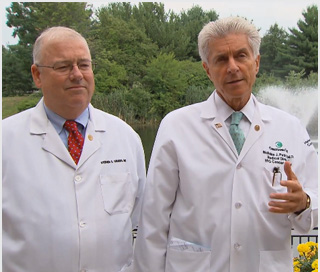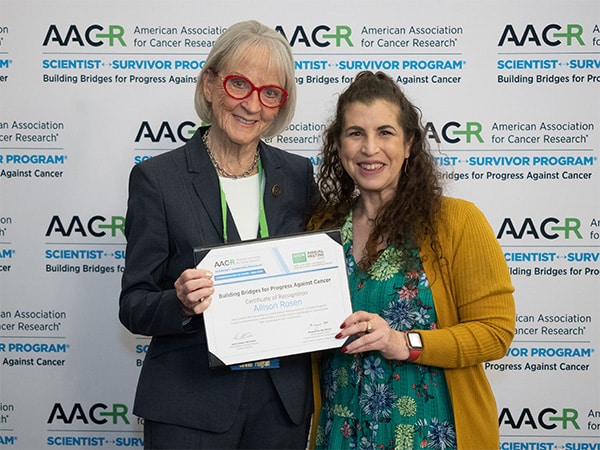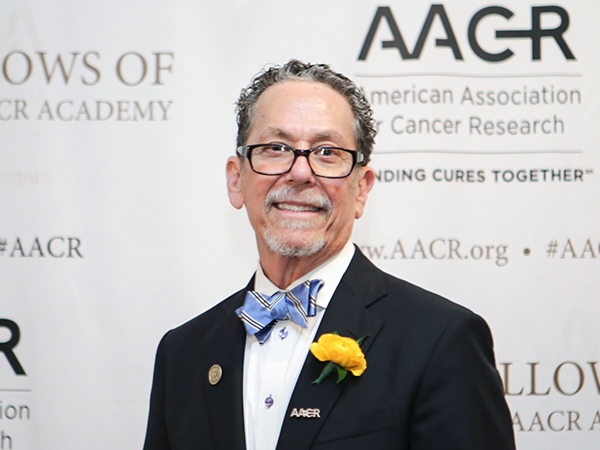Eleuterio Peguero Rosa: Screening to Prevent Cancer
After surviving prostate cancer, Eleuterio Peguero Rosa, 71, focused on taking better care of his health, and he jumped at the opportunity to join a program seeking to eliminate colorectal cancer disparities.

Eleuterio Peguero Rosa is a cancer survivor and knows that it’s easier to prevent cancer than to treat it.
After his prostate cancer diagnosis, which was successfully treated with 35 rounds of radiation therapy in his home country of the Dominican Republic in 2011, Eleuterio focused more on taking better care of his health.
And soon after he moved to the United States he learned about a colorectal cancer screening program in Delaware, which was established to try and close the gap in colorectal cancer incidence and mortality among non-Hispanic whites and those from racial and ethnic minorities.
“Some doctors and nurses came to the community center in our neighborhood and talked about how everyone should have a test to look for colorectal cancer at age 50,” said Eleuterio, 71. “I hadn’t known about having to get this test before. When I heard about the colon test I decided to make an appointment for it to safeguard my health.”
With more than 50,000 deaths each year, colorectal cancer is the second leading cause of cancer death in the U.S. behind lung cancer, according to
federal data.

Undergoing colonoscopy screening for colorectal cancer can both detect these cancers at an early stage, when successful treatment is more likely, and
prevent cancer from developing in the first place. That’s because precancerous polyps found by colonoscopy can be removed during the procedure, thus preventing them from going on to become cancers.
In fact, if everyone followed screening guidelines, at least 60 percent of U.S. colorectal cancer deaths could be avoided.
During Eleuterio’s colonoscopy a precancerous polyp was removed.
“The doctors told me I didn’t have colorectal cancer, and that I didn’t need an operation,” he said. “Instead, they told me to come and have another colon test after a year. Through the program I was looked after very well. It is not so easy to get good medical care in the Dominican Republic and I am very thankful for the very good medical care I received here.”
You can read more about cancer prevention and Eleuterio’s story in the AACR Cancer Progress Report 2014.




